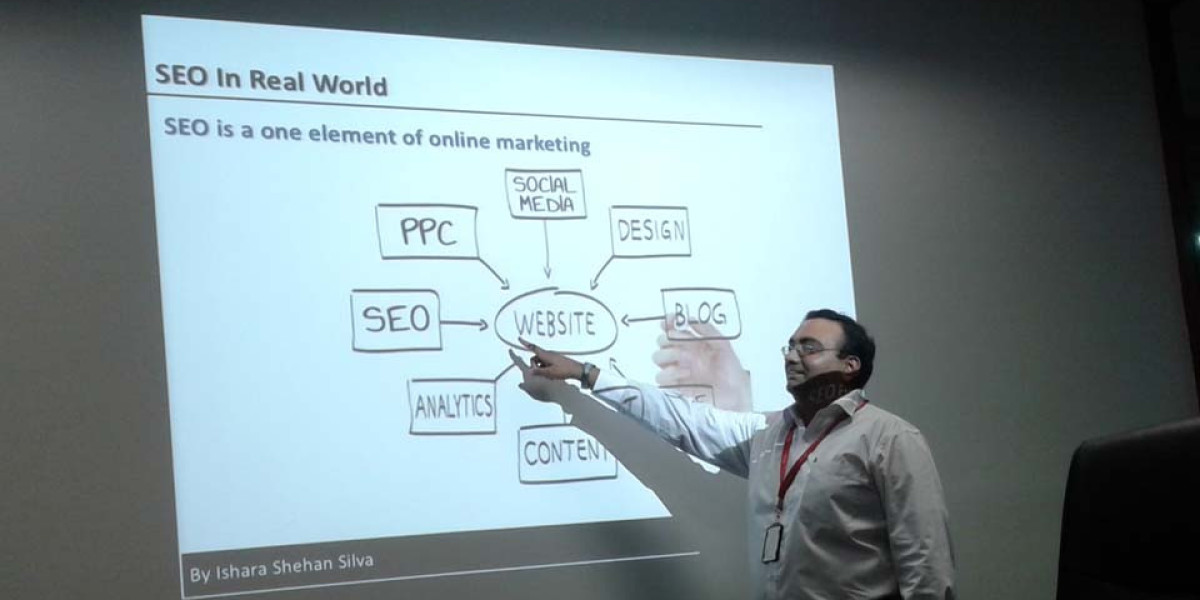Startups face an uphill battle for visibility. While established companies have the luxury of brand recognition and substantial marketing budgets, emerging businesses must be strategic and resourceful. Search Engine Optimization (SEO) represents one of the most cost-effective methods for startups to gain traction online. Rather than immediately outsourcing to an SEO company, understanding the fundamentals can help you make informed decisions about your digital marketing strategy.
Understanding the SEO Landscape in 2025
The SEO landscape continues to evolve at a rapid pace. Search engines now prioritise user experience, content quality, and technical performance more than ever before. For startups, this presents both challenges and opportunities.
The days of keyword stuffing and manipulative link-building are long gone. Today's algorithms are sophisticated enough to understand user intent, content relevance, and website credibility. This shift has democratised SEO to some extent, allowing startups with limited resources to compete effectively if they focus on providing genuine value to their audience.
Building a Strong SEO Foundation
Before diving into advanced strategies, startups need to establish a solid SEO foundation. This begins with understanding your target audience and their search behaviours.
· Who are your ideal customers?
· What problems are they trying to solve?
· Which search terms do they use when looking for solutions like yours?
Answering these questions will help you develop a keyword strategy that aligns with your business objectives.
Next, ensure your website architecture is search-engine friendly. This includes implementing a logical site structure, creating clear navigation paths, and optimizing for mobile devices. A well-structured website makes it easier for search engines to crawl and index your content, increasing your chances of ranking well.
Technical SEO elements such as page speed, secure connections (HTTPS), and structured data implementation are also critical components of your foundation. These factors not only improve your search visibility but also enhance user experience, which can lead to higher conversion rates.
Content Strategy: Your SEO Cornerstone
Content remains the cornerstone of effective SEO. For startups, developing a content strategy that resonates with your target audience while addressing their needs at different stages of the buyer's journey is essential.
Start by creating comprehensive, authoritative content around your core offerings. This establishes your expertise and helps search engines understand what your business is about. From there, expand your content to address related topics that your audience cares about.
Quality trumps quantity in content creation. A single, well-researched, in-depth article that thoroughly addresses a specific topic will generally outperform multiple shallow pieces. Focus on creating content that provides genuine value and answers questions your potential customers are asking.
Remember that content is not limited to blog posts. Case studies, whitepapers, videos, infographics, and podcasts can all contribute to your SEO efforts while catering to different audience preferences.
Local SEO: A Startup's Secret Weapon
For startups with a physical presence or those serving specific geographic areas, local SEO represents a tremendous opportunity. Even when competing against larger companies offering similar SEO services, startups can carve out a niche by dominating local search results.
Begin by claiming and optimizing your Google Business Profile. Ensure your business information is consistent across all online directories and platforms. Encourage satisfied customers to leave positive reviews, as these significantly impact local search rankings.
Develop location-specific content that addresses the unique needs of your local audience. This might include blog posts about local events, case studies featuring local clients, or content that addresses regional challenges related to your industry.
Building Authority Through Strategic Link Building
While content creates the foundation, link building helps establish your website's authority in the eyes of search engines. For startups, acquiring high-quality backlinks can be challenging but is essential for long-term SEO success.
Rather than focusing on quantity, prioritise quality and relevance. A single backlink from a respected industry publication can be worth more than dozens of links from low-quality websites. Seek opportunities to contribute guest posts to industry blogs, participate in interviews, or collaborate with complementary businesses.
Creating linkable assets—content so valuable that others naturally want to reference it—is another effective strategy. This might include original research, comprehensive guides, or innovative tools that solve common problems in your industry.
Leveraging Technical SEO for Competitive Advantage
Technical SEO often gets overlooked, but it can provide a significant competitive advantage, especially for startups in crowded markets. While large companies might take months to implement technical changes across their extensive websites, startups can quickly optimize their technical infrastructure.
Prioritise page speed optimization, as this affects both search rankings and user experience. Implement schema markup to help search engines better understand your content and potentially earn rich snippets in search results. Ensure your website is fully responsive and provides a seamless experience across all devices.
Regular technical audits can help identify and address issues before they impact your search performance. Many of the best SEO companies begin their client relationships with comprehensive technical audits, but startups can utilise various tools to conduct basic audits themselves.
Ecommerce SEO: Special Considerations for Online Retailers
For startups operating in the ecommerce space, SEO requires additional considerations. Working with an experienced ecommerce SEO company might be beneficial, but understanding the fundamentals yourself is crucial.
Product page optimization is paramount. Each product should have unique, detailed descriptions that include relevant keywords. High-quality images with descriptive alt text not only improve user experience but also contribute to your SEO efforts.
Category pages represent another opportunity for optimization. Well-structured category pages with meaningful content can rank for broader terms related to your products, driving qualified traffic to your site.
Review management is also critical for ecommerce SEO. Encourage customers to leave reviews, as these add unique content to your product pages and build trust with potential buyers and search engines alike.
Measuring Success and Adapting Your Strategy
SEO is not a set-it-and-forget-it endeavour. Continuous measurement and refinement are necessary to achieve and maintain strong search visibility.
Establish key performance indicators (KPIs) aligned with your business objectives. These might include organic traffic growth, keyword rankings, conversion rates from organic search, or local search visibility. Regularly review these metrics to understand what's working and what needs adjustment.
Search algorithms evolve continuously, as do user behaviours and competitor strategies. Stay informed about industry trends and be prepared to adapt your approach accordingly. This agility is one area where startups often have an advantage over larger, more bureaucratic organisations.
Conclusion: Playing the Long Game
For startups, SEO represents a long-term investment rather than a quick fix. While you might not see immediate results, consistent application of these strategies will gradually improve your search visibility and drive qualified traffic to your website.
Remember that SEO does not exist in isolation. Integrate your SEO efforts with your broader marketing strategy, including social media, content marketing, and paid advertising for maximum impact. By building a strong SEO foundation now, you are setting your startup up for sustainable growth in an increasingly competitive digital landscape.
The most successful startups view SEO not as a marketing tactic but as a fundamental aspect of their business strategy. By prioritising user experience, creating valuable content, and continuously optimizing your technical infrastructure, you will not only improve your search rankings but also build a more resilient and customer-focused business.









